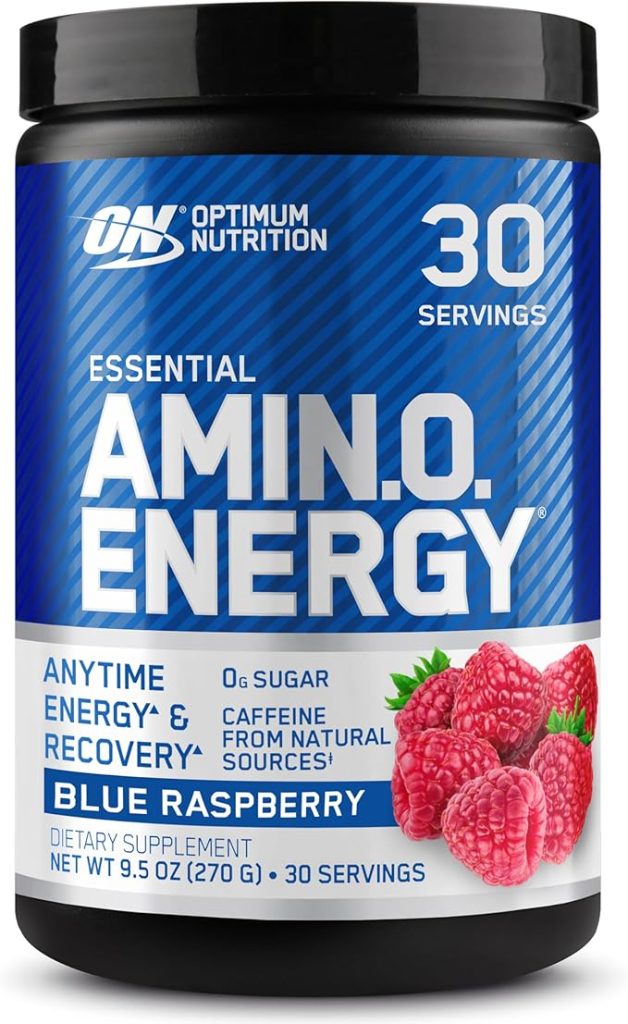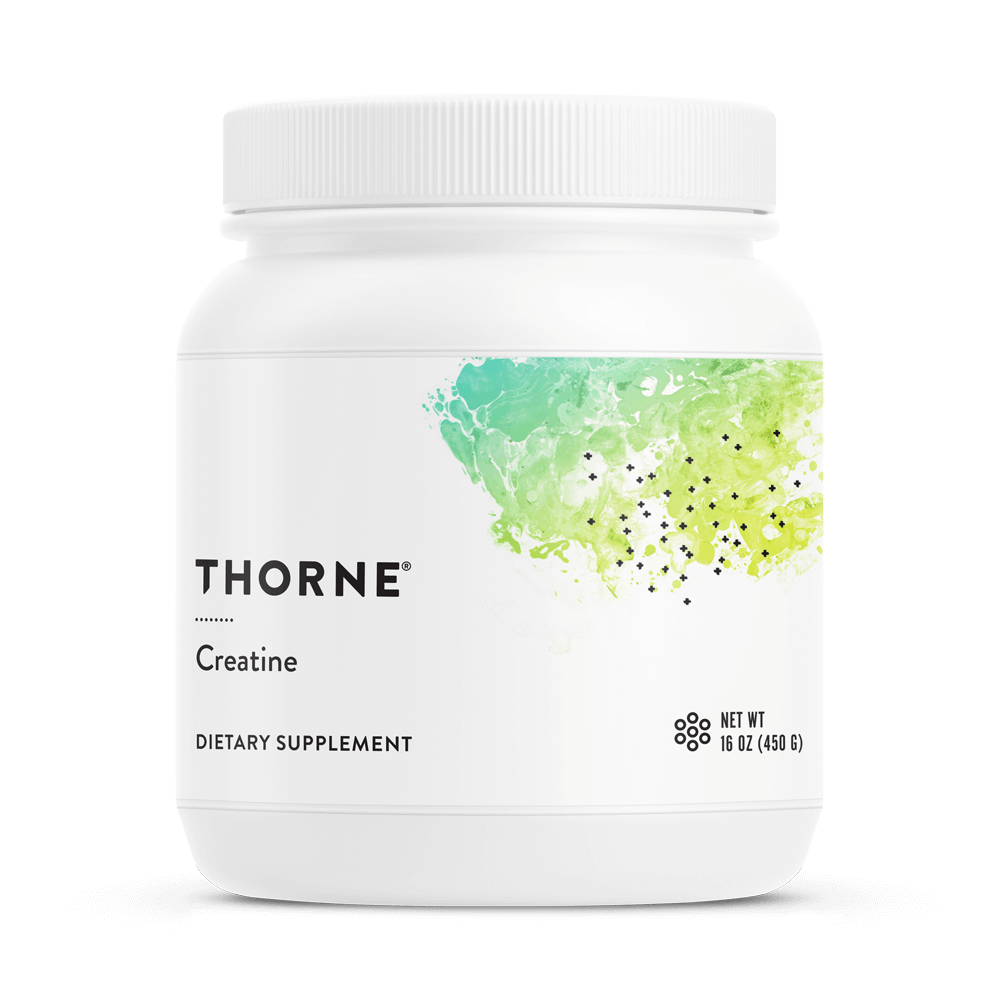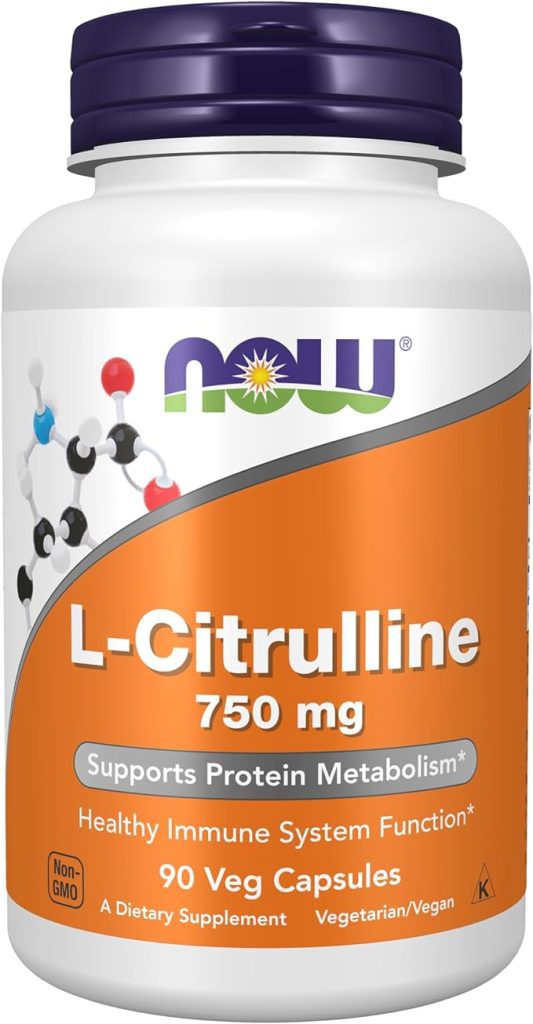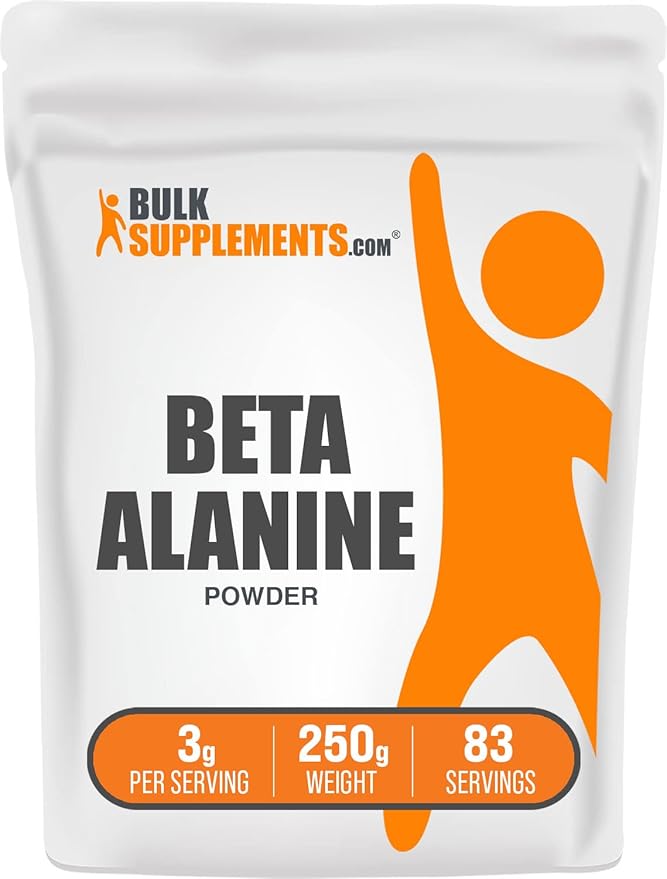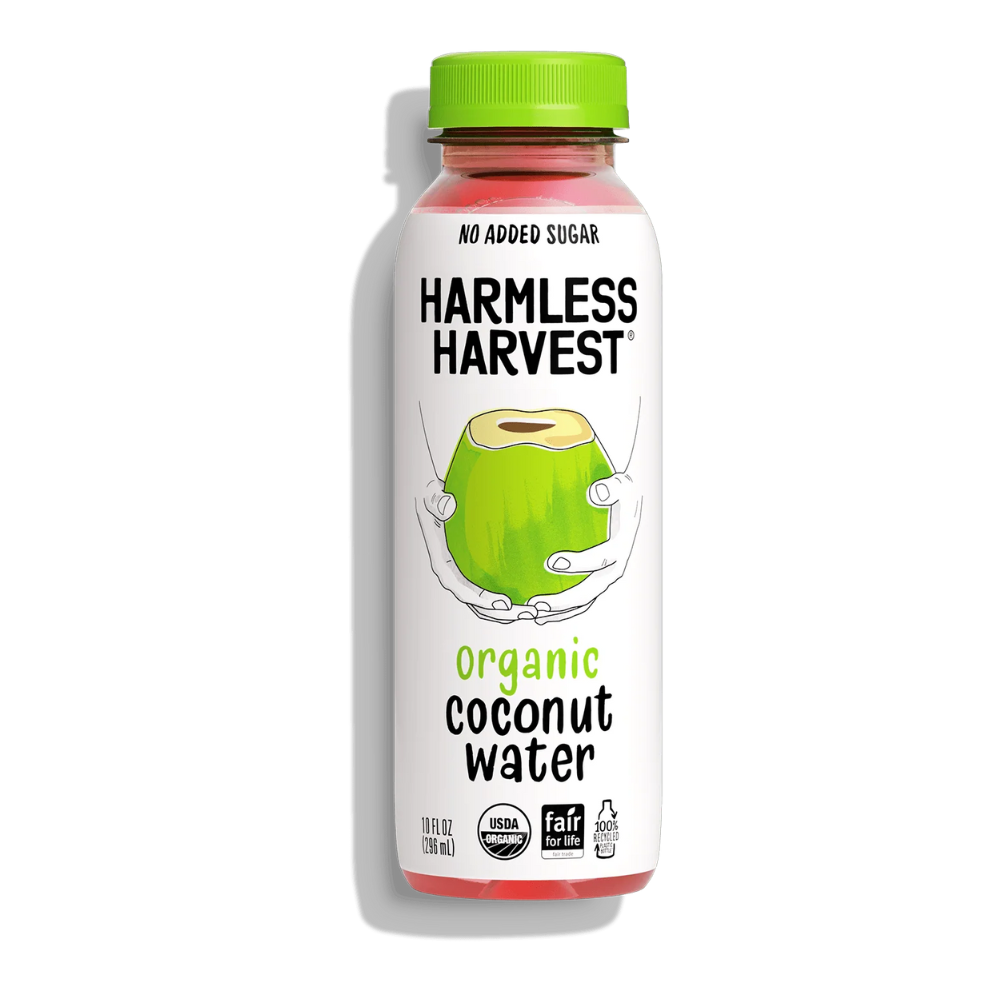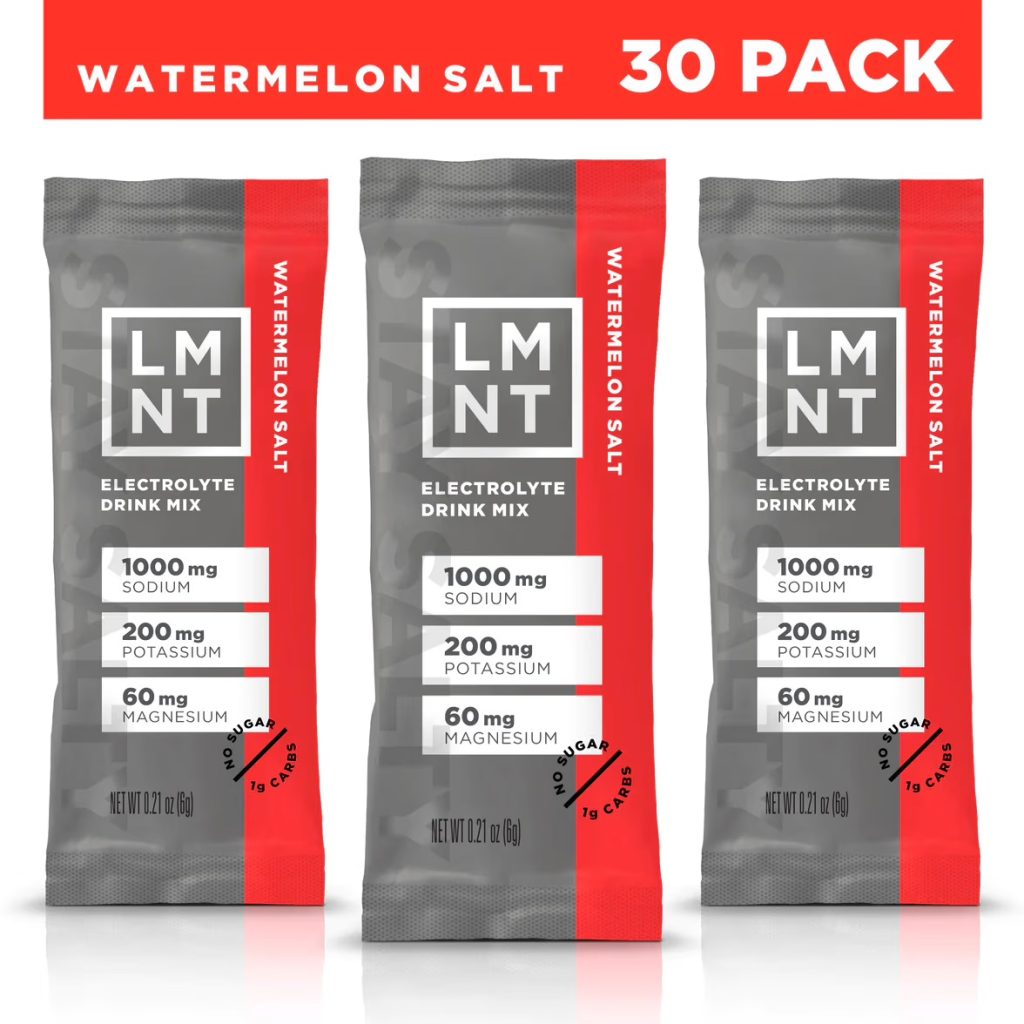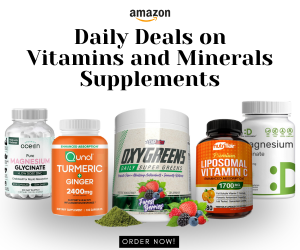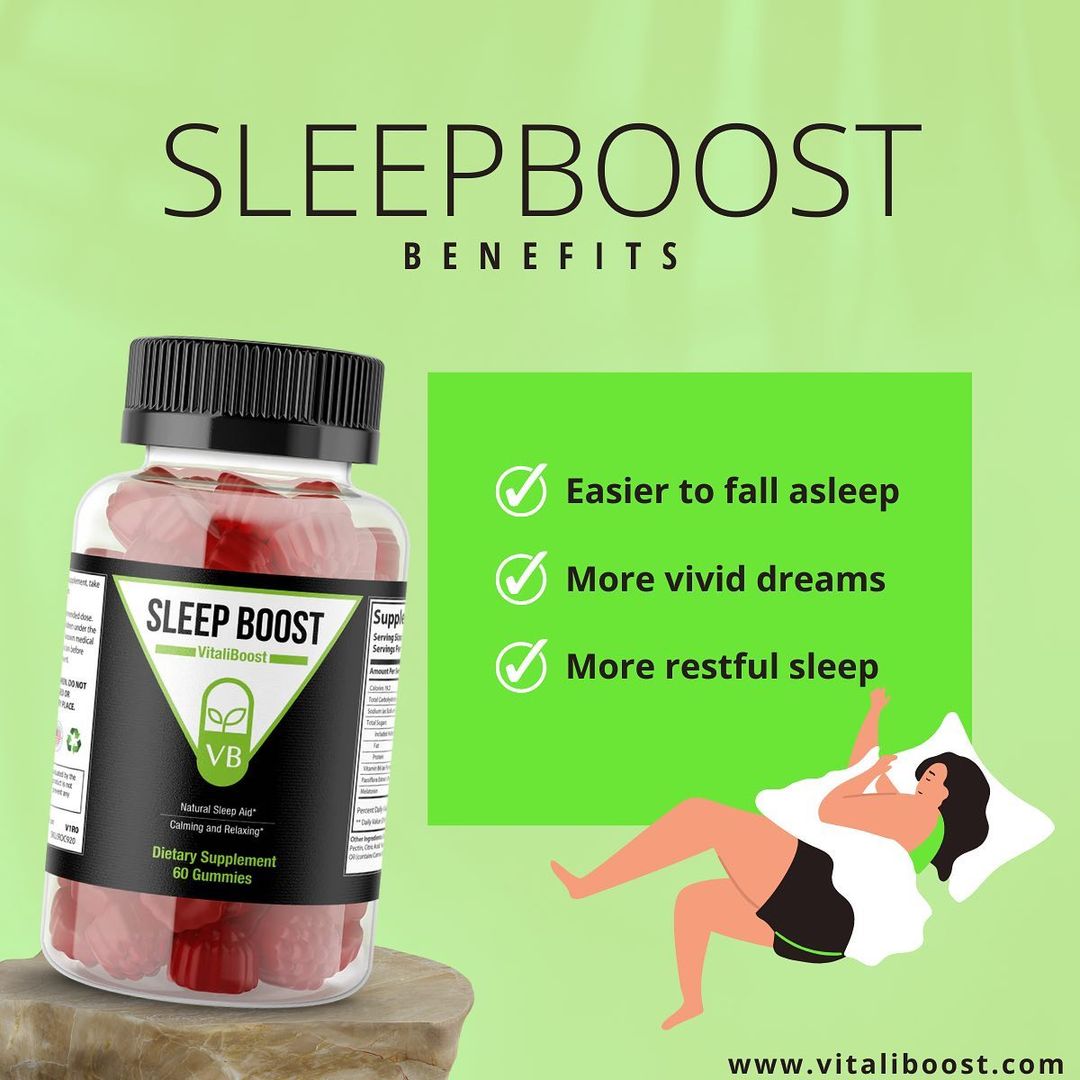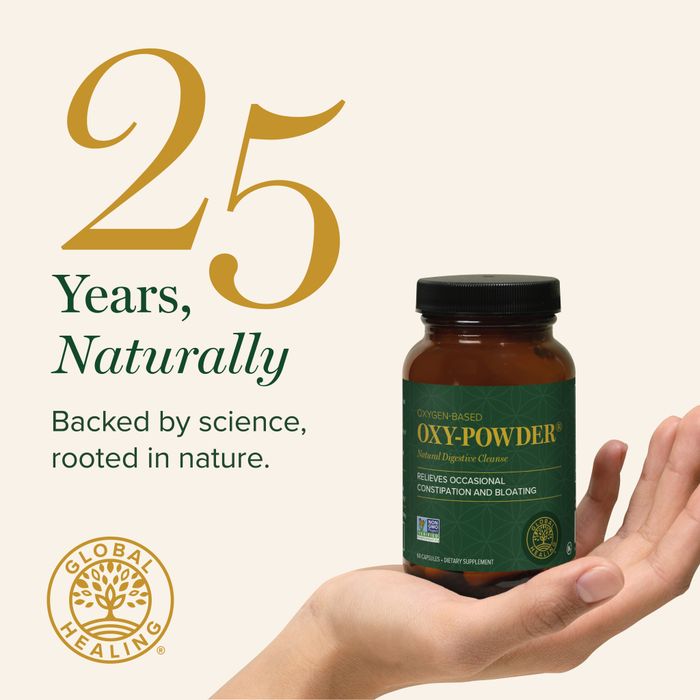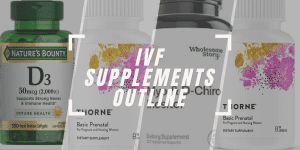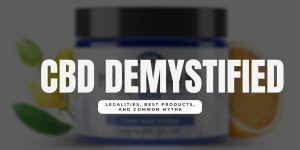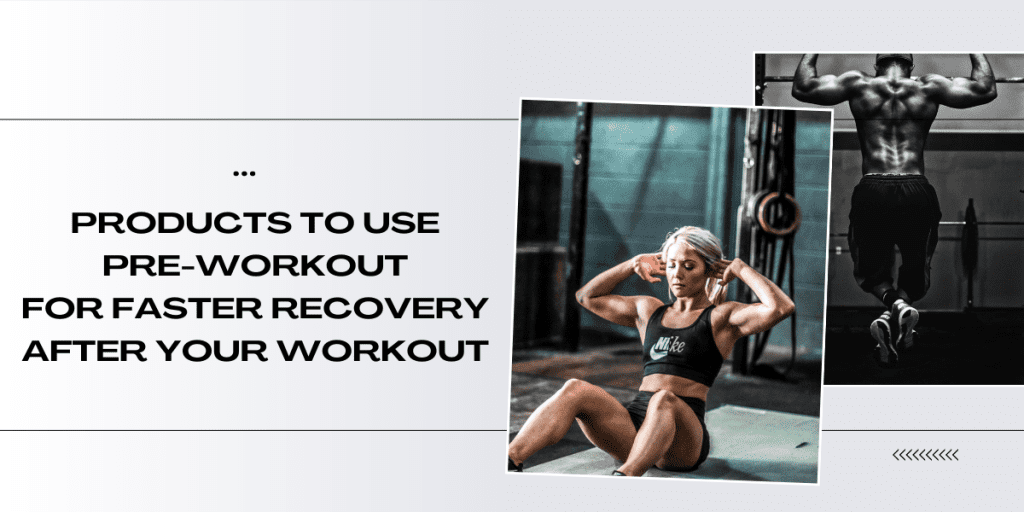
Most people associate recovery with post-workout strategies, such as stretching, refueling, and getting enough sleep. However, what you do before exercising can significantly influence how your body bounces back after. The truth is, recovery begins before you even start your workout. This article highlights key pre-workout products that can support your recovery from the get-go.
The Science of Pre-Workout Preparation
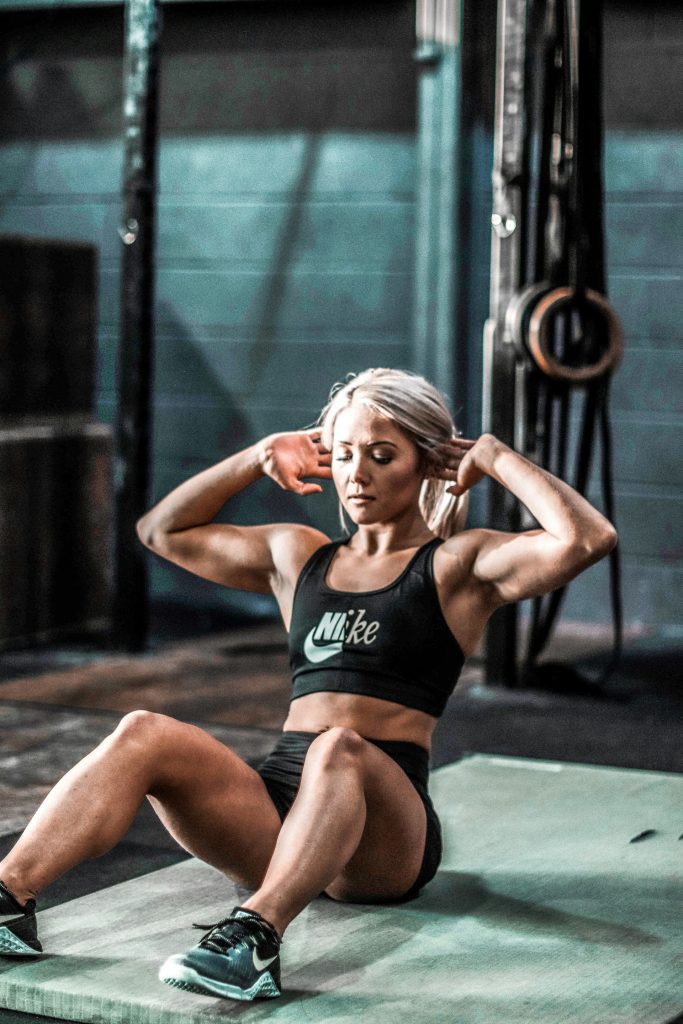
Your body’s ability to recover after a workout relies heavily on the condition it was in before exercise began. Muscles primed with proper nutrients and good blood flow are less likely to suffer damage and more likely to rebuild efficiently.
Pre-workout habits that support recovery focus on three primary goals:
- Increasing circulation, to deliver oxygen and nutrients to muscles.
- Enhancing nutrient availability, especially amino acids, electrolytes, and carbohydrates.
- Preparing muscles and joints, reducing the risk of injury and excessive breakdown.
Categories of Pre-Workout Products for Enhanced Recovery
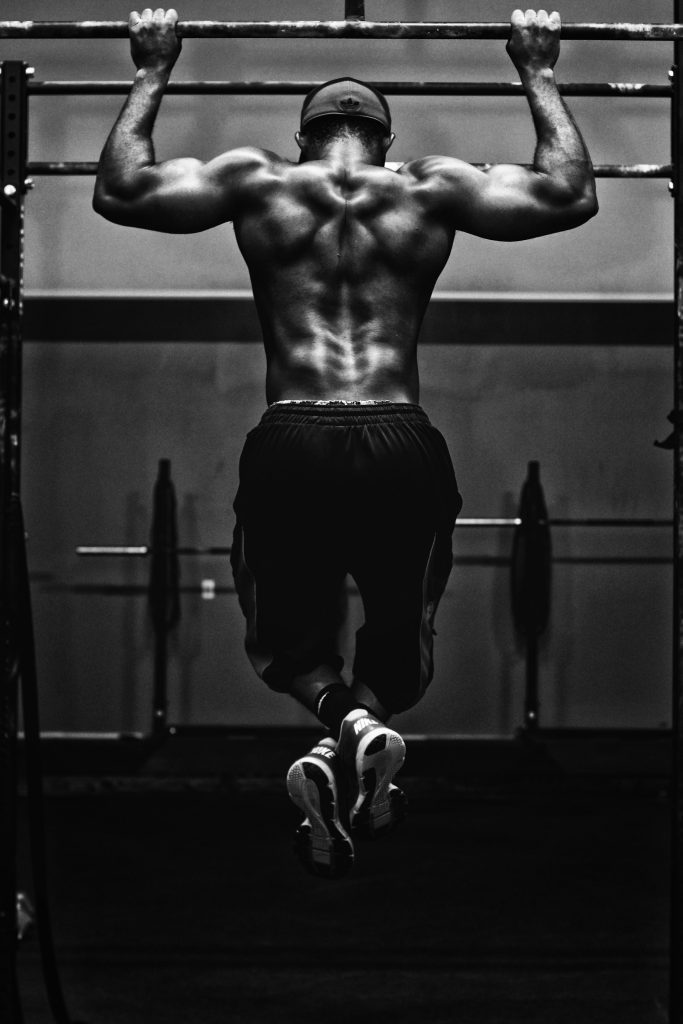
To keep it simple and effective, we’re focusing on two of the most impactful types of pre-workout products: dietary supplements and hydration products. These categories offer the greatest benefits when it comes to supporting performance and accelerating faster recovery after workouts.
Pre-Workout Supplements
Walk down any supplement aisle or browse online, and it’s easy to feel overwhelmed by the sheer volume of pre-workout products promising to boost your performance. The truth is, not all of them are created equal—but a few key ingredients have consistently shown real benefits, backed by solid science. Among the top supplements for recovery are BCAAs, creatine, L-Citrulline, and Beta-Alanine.
BCAAs
BCAAs (branched-chain amino acids)—leucine, isoleucine, and valine—are essential amino acids known for their role in reducing muscle breakdown and promoting protein synthesis. When consumed before or during your workout, BCAAs can help preserve muscle mass, especially during intense training or fasted workouts. Optimum Nutrition’s Amino Energy is one of the most widely purchased BCAA products on the market. It comes in a variety of flavors and is budget-friendly.
Creatine
Creatine has long been a staple in strength and performance circles, but its popularity is exploding right now. It helps your muscles produce more ATP, the energy currency your body uses during high-intensity training. People who take creatine notice that they can do more reps before hitting failure.
With consistent use, creatine has been shown to increase muscular strength, improve endurance, and enhance recovery. Thorne’s Creatine supplement is one of the most popular, being voted the best creatine for athletes.
L-Citrulline
L-Citrulline enhances nitric oxide production, thereby improving blood flow and circulation. That improved blood flow means better oxygen delivery to your muscles, less soreness, and quicker recovery post-workout. It also gives you that noticeable muscle “pump” during training. NOW Foods L-Citrulline is highly effective, with thousands of 5-star reviews to prove it.
Beta-Alanine
Beta-alanine supports muscular endurance by buffering lactic acid buildup in your muscles. This helps delay the burning sensation that often limits your performance during high-intensity efforts. Many users report being able to push harder for longer before reaching muscle failure. Try Bulk Supplements Beta-Alanine for a pure and budget-friendly option.
Hydration Products
Hydration is one of the most critical parts of your pre-workout routine. Starting your workout even slightly dehydrated can lead to earlier fatigue, muscle cramps, and slower recovery. Pre-workout hydration ensures that your muscles are primed with the fluid and electrolytes they need to perform at their best and recover efficiently afterward.
Electrolytes like sodium, potassium, magnesium, and calcium help regulate muscle contractions and nerve signaling. When you’re well-hydrated with these key minerals in balance, you’re less likely to experience cramping, dizziness, or that sluggish feeling during your workout.
Coconut Water
If you’re looking for natural hydration products for exercise, coconut water is a great choice. It provides potassium, sodium, and small amounts of other electrolytes in a lightly sweet, hydrating beverage. It’s especially great for low- to moderate-intensity sessions or for those who prefer a whole-food option. Try Harmless Harvest Organic Coconut Water. It has no added sugars, just pure coconut water with naturally occurring electrolytes.
Electrolyte Powders
For more intense workouts—or if you tend to sweat a lot—a low-sugar electrolyte powder can offer more targeted support. These powders typically provide high amounts of sodium, which is necessary for fluid retention and maintaining blood volume during exercise. I highly recommend LMNT Electrolyte Drink Mix because it contains zero sugar, is high in sodium, and is widely recommended by athletes and fitness professionals.
How to Choose the Right Pre-Workout Products
Choosing the best pre-workout supplements for recovery depends on your:
- Goals (strength, endurance, weight loss, etc.)
- Fitness level
- Dietary preferences or sensitivities
- Time of day (evening workouts may call for lower caffeine options)
It’s also wise to try new products on lower-intensity training days to test tolerance. Keep a log to note how you feel during and after workouts, and read product labels carefully to avoid hidden sugars, artificial additives, or allergens. Make sure the products you choose are third-party tested and manufactured in GMP-certified facilities for quality and safety assurance.
Expert Tips for Maximizing Pre-Workout Recovery Benefits
- Stack strategically: Combine a pre-workout supplement with an electrolyte drink and a small carb-protein snack for optimal effect.
- Time it right: Supplements work best 20–30 minutes before, while food should be consumed about 30–60 minutes pre-workout.
- Don’t skip the warm-up: Stretching, foam rolling, and dynamic movements prepare your muscles and nervous system for exercise. They also help increase your range of motion and reduce the risk of injuries.
Key Takeaways
Recovery doesn’t start at the end of your workout—it starts before you even begin. Incorporating the right pre-workout products can significantly enhance how your body feels and performs long after your session is done. Choose wisely, prep intentionally, and feel the difference. Always consult your healthcare provider before adding any new supplements to your pre-workout routine.
FAQs: Common Questions About Pre-Workout Products and Recovery
1. Can hydration products alone improve post-workout recovery?
Yes—hydration products alone can absolutely support recovery, especially after a workout where you’ve lost a lot of fluids. Replenishing electrolytes helps restore fluid balance, prevent cramping, and reduce fatigue. That said, hydration works best when combined with proper nutrition—specifically protein for muscle repair and complex carbohydrates to replenish energy stores—as well as rest and stretching to fully support your body’s recovery process.
2. How long before a workout should I consume pre-workout supplements?
So, timing depends on the type of product. Pre-workout supplements like caffeine, beta-alanine, or citrulline generally work best when taken 20–30 minutes before exercise. BCAAs can be taken immediately before or even during your workout, especially if you’re training fasted or doing endurance sessions. Creatine, on the other hand, doesn’t need to be timed precisely—it’s more about consistent daily intake, though some athletes take it 30–60 minutes before workouts for convenience. Hydration drinks can be consumed anytime in the hour leading up to exercise—just be sure to sip, not chug, especially if you’re sensitive to volume before movement.
3. Do pre-workout products work for low-intensity workouts?
Yes, but with a more strategic approach. For low-intensity sessions like yoga, walking, or light resistance training, you likely don’t need high-stimulant products, like those that contain caffeine. Instead, focus on hydration, a small carb-protein snack, or gentle supplements like BCAAs or electrolytes. These can still support muscle maintenance and hydration without the extra stimulation that might be unnecessary for a lower-demand workout.
This post contains affiliate links and we may be compensated if you make a purchase after clicking on the links.


